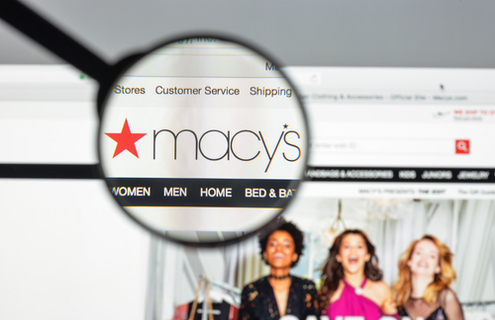Leadville Insurance, the wholly-owned captive insurer of Macy’s, the parent company of the Macy’s department store franchise, may have to pay nearly $24 million in tax, penalties, and interest, following a court decision.
On 26 March, in Comptroller Of The Treasury v Leadville Insurance Company, the Maryland Court of Special Appeals found that Leadville is an unauthorised insurer as it was not licensed to conduct insurance in the state, and is therefore required to pay income tax on its revenues.
Additionally, the court vacated the decision made by the Circuit Court for Anne Arundel County and remanded it back to the Tax Court.
Leadville is a Vermont-domiciled captive that provides insurance for Macy’s subsidiaries and affiliates, including Macy’s Retail Holdings (MRHI), a holding company incorporated in New York that owns and oversees the management of various Macy’s department stores, including those in Maryland.
Case history
In 2010, during an audit of MRHI by the comptroller for the treasury, it was discovered that MRHI had claimed deductions for substantial amounts of interest paid to Leadville.
In its review of Leadville’s business, the comptroller found a disparity between its premium receipts and its intercompany interest revenue.
The comptroller also found that the captive had paid premium receipts taxes in Vermont but paid no premium receipts tax or corporate tax in Maryland despite earning substantial revenue from interest payments apportioned to Maryland.
As a result, the comptroller assessed Leadville $23.8 million in tax, penalties and interest on the intercompany interest payments it received from MRHI during the 1996-2003 tax years.
At an informal hearing following the assessment, Leadville conceded that it had not paid any
Maryland premium tax; had not held a license to carry on business in Maryland from the
Maryland State Department of Assessments and Taxation; had not held a certificate of
authority from the Maryland Insurance Commissioner; had not conducted or solicited any
business activities in Maryland; did not have any agents in Maryland; had not derived any
income from Maryland residents or entities attributable to insurance premiums; and had
not investigated any risks or claims in Maryland.
However, it argued that it was an insurance company under title 6 of the Insurance Article and was, therefore, exempt from paying income tax under Tax-General section 10 to 104.
The hearing officer concluded that the corporate tax exemption at Tax-General section 10 to 104(4) didn’t apply to the captive and the intercompany interest payments were taxable.
Leadville appealed the Comptroller’s final determination to the Tax Court, amended its petition of appeal, and moved for summary judgment.
In March 2017, the Tax Court granted the motion for summary judgment, citing its earlier decision in the National Indemnity Co, Successor in Interest to Wesco Financial Ins Co v Comptroller of the Treasury case, and ruled that as a title 6 insurance company, it is exempt from income tax.
That decision was then upheld by the Circuit Court of Anne Arundel County, following an appeal from the comptroller, that ruled Leadville, as either a title 6 or title 4 insurance company, was
exempt from corporate income tax from 1996 to 2003.
The Court of Special Appeals
The comptroller then appealed to the Maryland Court of Special Appeals, which reviewed the decision of the Tax Court, but not that of the circuit court.
The Court of Special Appeals found that as Leadville does not possess a certificate of authority and is, therefore, an unauthorised insurer, the Tax Court erred in its decision that it is a title 6 insurance company and is exempt from income tax.
It noted that all unauthorised insurers are subject to title 4 of the Insurance Article, but that there is no indication that the Tax Court fully considered Leadville’s title 4 tax implications.
Therefore, in its opinion, it stated: “As the Tax Court acts as an administrative agency and is tasked with administering the tax statutes of the State of Maryland, it would be illogical for this court to preemptively determine the implications of title 4 without first allowing the Tax Court to do so.”
“As such, we believe the best course of action is to vacate the decision of the circuit court and remand for the Tax Court to determine whether title 4 provides an exception for Leadville.”
Leadville, Macy’s, and the comptroller now await the cases return to the Tax Court.
Macy’s refused to comment.






